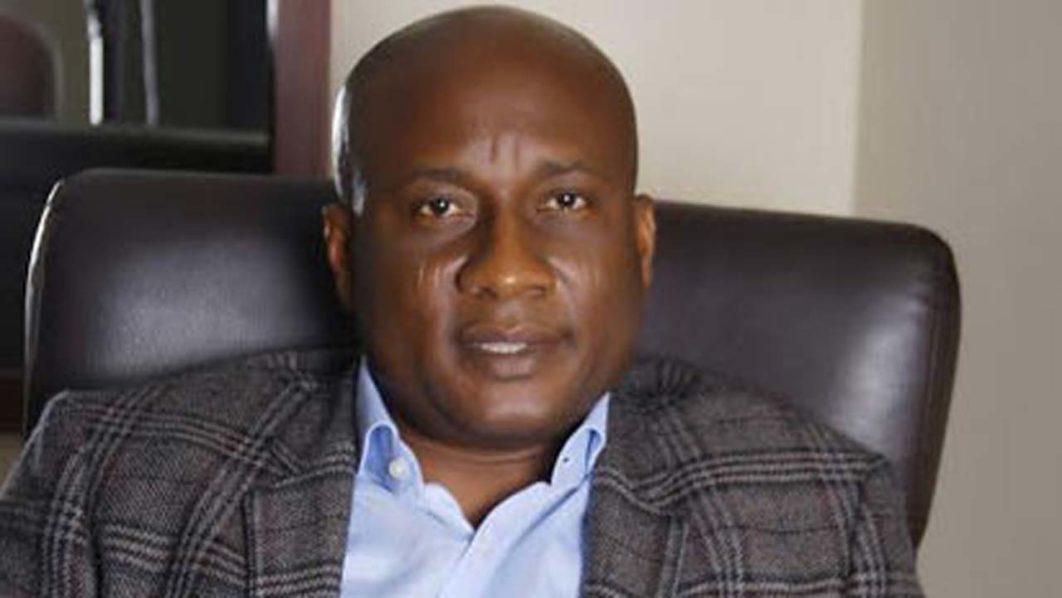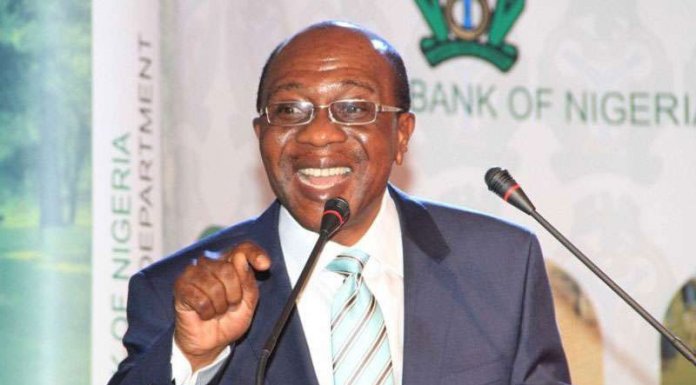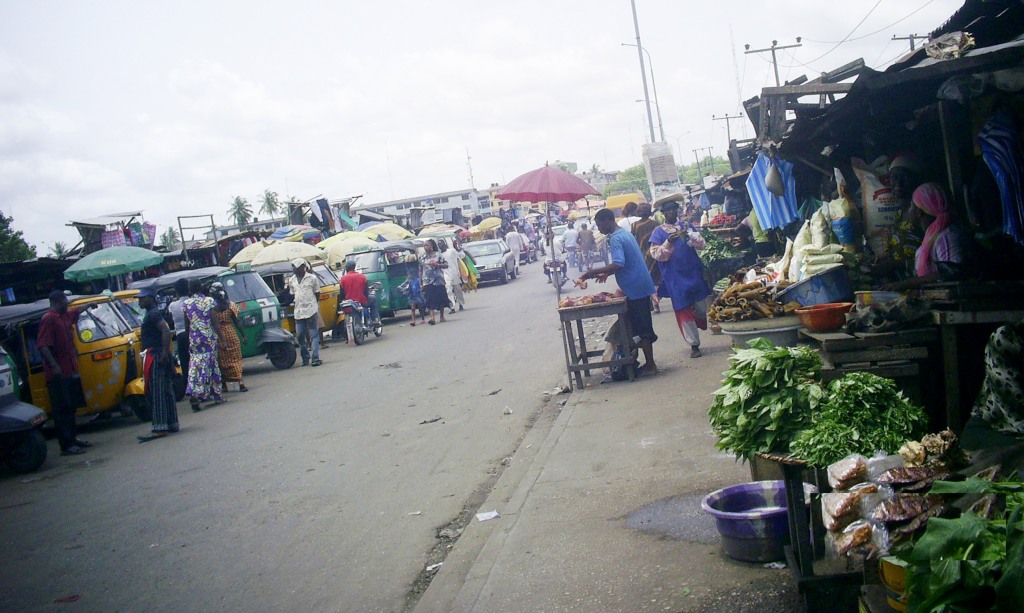The Managing Director of Air Peace airlines, Allen Onyema has lamented the loss of over N1billion in the last six months over alleged politics of protectionism on the African continent, an act contrary to the provisions of Single African Air Transport Market (SAATM) signed on by many African countries.
In an interview, he argued that the subtle politics, which is more pronounced on the West Coast, manifest in ridiculous charges and stringent conditions, which makes it difficult for operating airlines to survive on the regional routes.
The African Union (AU) had launched the SAATM earlier this year as it hopes to capitalise on the benefits brought by air transport.
So far, 23 African countries, including South Africa, Nigeria and Kenya, out of 55 have subscribed to SAATAM.
Iata vice president for Africa Rapahel Kuuchi said: “Every open air service arrangement has boosted traffic, lifted economies and created jobs.
“And we expect no less in Africa on the back of the SAATM agreement. An IATA survey suggest that if just 12 key African countries opened their markets and increased connectivity an extra 155,000 jobs and $1.3bn in annual GDP would be created in those countries.
“We commend the 23 States that have signed up to SAATM. It is an important step forward.
“But the benefits of a connected continent will only be realized through effective implementation of SAATM—firstly by the countries already committed and also by the remaining 32 AU member nations still to come on board.”
To date, the member states that have signed up to the agreement are: Benin, Botswana, Burkina Faso, Cabo Verde, Congo, Cote d’Ivoire, Egypt, Ethiopia, Gabon, Ghana, Guinea, Kenya, Liberia, Mali, Mozambique, Niger, Nigeria, Rwanda, Sierra Leone, South Africa, Swaziland, Togo and Zimbabwe.
Business Hilights recalls that at least three Nigerian flag carriers – Air Peace, Arik and Med-View Airlines Plc – operate the West Coast that is, Lagos, Accra, Banjul, Dakar and Abidjan.
Onyema averred that aeropolitics, that is “politics as conditioned by considerations of air power or its dominance” is the bane of the Nigerian carriers on both the regional and international routes. According to him, “Nigerian flag carriers had wrongly been “demonised” as lacking requisite capacity to compete overseas, forgetting the effects of resistance and bad politicking coming for the African neighbours”.
He said while Air Peace, for instance, has six international destination slots and 17 regional, but there must be approval to venture, which had been very difficult.
He pointed out that “Asky Airlines is doing four frequencies to Lagos daily.
But their home country, Togo, said they would not allow Air Peace in because their government is protecting Asky. It took them a year to reply us.
He was quick to reveal that “later, they apologised when I threatened to go to court to stop their airlines from coming to Nigeria”.
“Cote D’Ivoire gave us permission to fly into their country but not even an airport office was given to us, yet they slammed us with $10,000 charges.
“But how many people are you carrying on that plane? Are they (Air Cote D’Ivoire) paying $10,000 in Nigeria? Why is it that when we complained, we haven’t received any help?
“Air Peace has lost over a billion in just six months of flying the West Coast. When they presented this to me a few days ago I almost cried. What we make are all spent on their charges.
“These airlines that we are supposed to be competing with are receiving support from their governments; some of them are not even paying taxes. Air Peace, from day one, started paying tax and charges.









